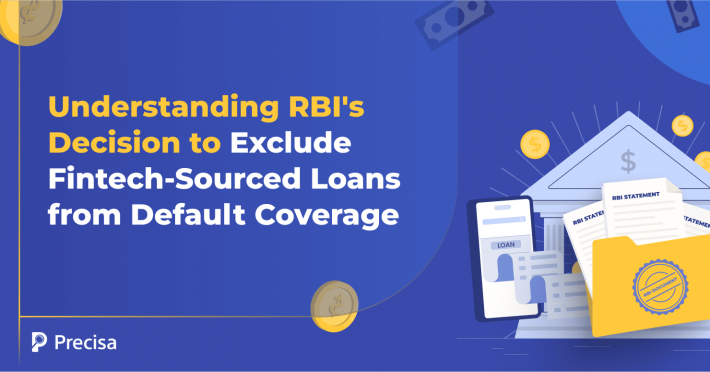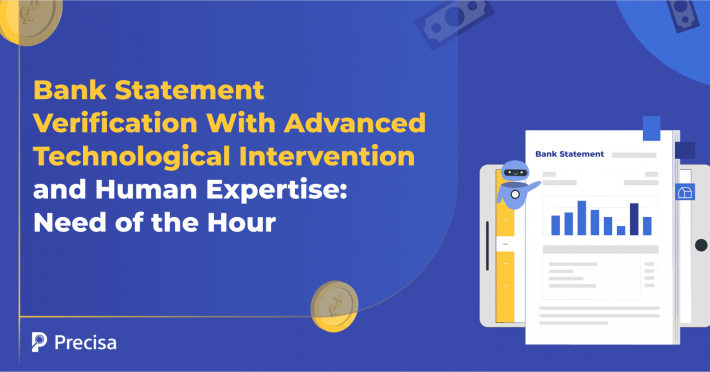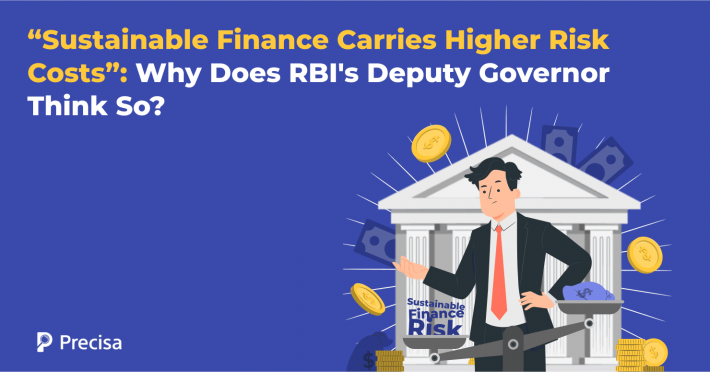Digital Lending: Understanding RBI’s Latest Guidelines

The timely availability of sufficient credit to individuals and businesses significantly impacts economic growth. For some time now, digital lending has been providing a fillip for credit penetration among populations that were neglected for a very long time by banks and NBFCs. It is one of the rapidly growing segments of the Indian fintech industry and is estimated to become a 350 million dollar market by 2023.
But this growth story has its share of complaints. Being unregulated, the Indian fintech ecosystem is beset with problems such as unauthorised lenders resulting in fraud, mis-selling, unreasonable interest rates, unethical recovery measures, violation of data privacy, an unrestricted engagement of third parties, etc. As the supervisor of the financial system, RBI has formulated a regulatory framework for the functioning of the Indian digital lending sector. The guidelines were published vide RBI press release Reserve Bank of India – Notifications (rbi.org.in) dated 02.09.22.
Key Points of The New Digital Lending Rules

The new circular on digital lending is based on the recommendations of the Working Group on Digital Lending (WGDL), constituted by RBI in January 2021, to study different aspects of digital lending. RBI places the lenders operating in this space into three categories:
- Entities regulated by the RBI and permitted to do lending business
- Those entities which are not regulated by RBI but authorised to do lending business by other regulatory provisions
- Those entities that fall outside the regulatory purview of RBI or any other regulatory bodies
The circular states that the new rules will only apply to those in the first category, which includes the Regulated Entities(REs) and the Lending Service Providers(LSPS) employed by REs engaged in providing facilitation services related to digital lending. For the second group of digital lenders, RBI suggests that their respective regulators may consider formulating appropriate rules based on WGDL recommendations. As for the third group, the WGDL has suggested legislative interventions to check these entities’ illegal lending.
The directions in the circular address three areas of concern-customer protection and conduct, technology and data requirement, and regulatory framework. Let us examine these guidelines a bit more in detail.
Safeguarding Customer’s Interest
Detailed guidelines are laid down for disbursal, servicing, and repayment of digital loans, application of interest, collection of charges and fees payable to LSPs, disclosure of relevant product information, intimation of terms and condition of loans, publishing list of Direct Lending Apps (DLAs) and LSPs engaged, communicating to the customers the details and the responsibilities of recovery agents authorised by these regulated entities, etc. It is RE’s responsibility to provide the customers with the right information regarding their procedures. Some key points to note here:
- Loan disbursals and repayments are to be done only through the borrower’s bank accounts and the digital lending entity (RE). No third-party or pooling account is permitted as an intermediary.
- The lender must provide the borrower with a Key Fact Statement (KFS) before executing the lending contract.
- Annualised Percentage Rate(APR) is the rate applied to the digital loan annually. It includes all charges and must be communicated to the borrower upfront.
- Unless the borrower explicitly consents, the credit limit should not be increased.
- Borrowers should be given a cooling off or look-up period to exit the digital loan by paying the principal and proportionate APR applicable.
- REs will have the onus of conducting due diligence on their LSPs before entering a partnership with them for digital lending. REs should also carry out periodic reviews of their lending service partners.
The guidelines stipulate the appointment of nodal grievance officers for addressing customer complaints and issues related to fintech lending. REs should publish grievance officers’ names and contact details on their websites. Complaints must be available on both the DLA and RE’s websites. Customers will have a proper grievance redressal mechanism with provisions for escalation to RBI if their issues are not resolved within a stipulated period.
Data and Technology Requirements
Though the RE and LSP can collect customer data using their digital lending apps as required by their lending functions, such data collection shall be need-based, have audit trails and must be with prior explicit consent from the borrower. Customer consent is also needed for sharing their personal information with third parties.
There are stipulations regarding the type of information that can be stored, the period for which it can be stored, the data destruction protocol, etc. One important point to note here is that the REs can store customer data on servers located only in India.
The regulated entities’ digital lending apps and partner LSPs must have a comprehensive privacy policy in line with the applicable laws and RBI guidelines. REs will have the responsibility for ensuring this condition. REs and LSPs must also comply with the extant technology standards and cybersecurity requirements stipulated by RBI or other agencies.
Regulatory Framework
This area specifies requirements related to reporting to be made with Credit Information Companies(CICs). Regulated entities are instructed to report to CICs the following:
- Any lending which is done through their digital lending app/ digital lending app of their LSPs, despite its nature and tenure
- All the digital lending products extended by REs or their LSPS over to merchant platforms that involve short-term credits or deferred payment. With this clause, RBI has extended the scope of new guidelines to the point of sales lending products like BNPL.
What We Can Infer
By establishing a formal structure, RBI aims to support the orderly growth of digital lending by bringing more transparency, efficiency, and discipline to the digital lending ecosystem. It also seeks to improve customers’ trust and confidence in digital lending by establishing robust data privacy policies and grievance redressal procedures. Customers will have more clarity about the lender, the product, and the lending process. With such instructions, RBI has made REs more accountable to the borrowers.
Precisa makes your credit appraisal process faster and more efficient with our online bank statement analysis tool. No more sifting through pages of bank account statements for assessing creditworthiness. When Precisa’s online tool does that in minutes. Click here for a free trial.



